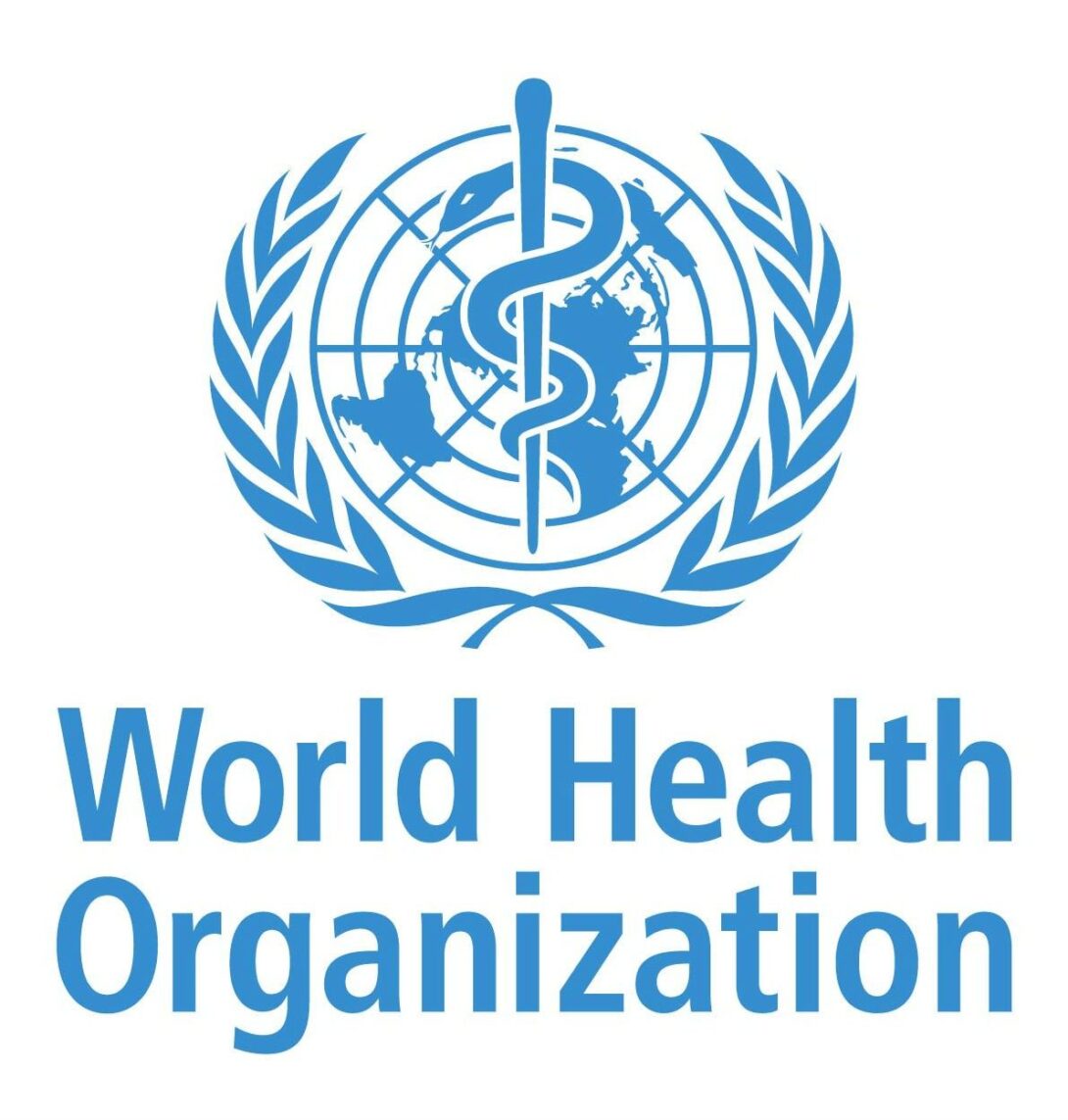National Center for Rural Health Professions redesignated as a WHO Collaborating Center
National Center for Rural Health Professions redesignated as a WHO Collaborating Center Heading link

For the next four years, the National Center for Rural Health Professions (NCRHP) will continue to be a World Health Organization/Pan-American Health Organization (WHO/PAHO) collaborating center for medical education and primary health care. It’s one of three centers in North America.
Hana Hinkle, PhD, MPH, serves as director of the collaborating center.
“This means we have an enormous reach with our programming and with our ability to connect with other countries,” Dr. Hinkle says. “It also allows our students to have opportunities for research and collaboration with other health care universities across the globe.”
The designation, in existence since 2010, recognizes the program’s focus on educational development of health professionals and health care systems.
WHO Collaborating Centers are part of an inter-institutional collaborative network of centers worldwide. They’re established to provide concrete activities at the national, regional and global levels in support of the strategic plans of specific WHO areas of work.
PAHO, an international public health agency that’s dedicated to improving health, puts its focus on central and South America. The PAHO organization also serves as a WHO regional hub.
NCRHP’s Collaborating Center will continue working to address global health workforce shortages by using innovative strategies like promoting pipeline health careers and developing an adequate and appropriate health workforce, promoting the advancement of social accountability in health professions education and linking social mission education and service innovations in the development of rural medical programs.
“We’re excited to continue working on developing innovations around medical education and primary care resource development in rural and remote areas across the globe,” Dr. Hinkle says. “We value the partnership with WHO and PAHO.”